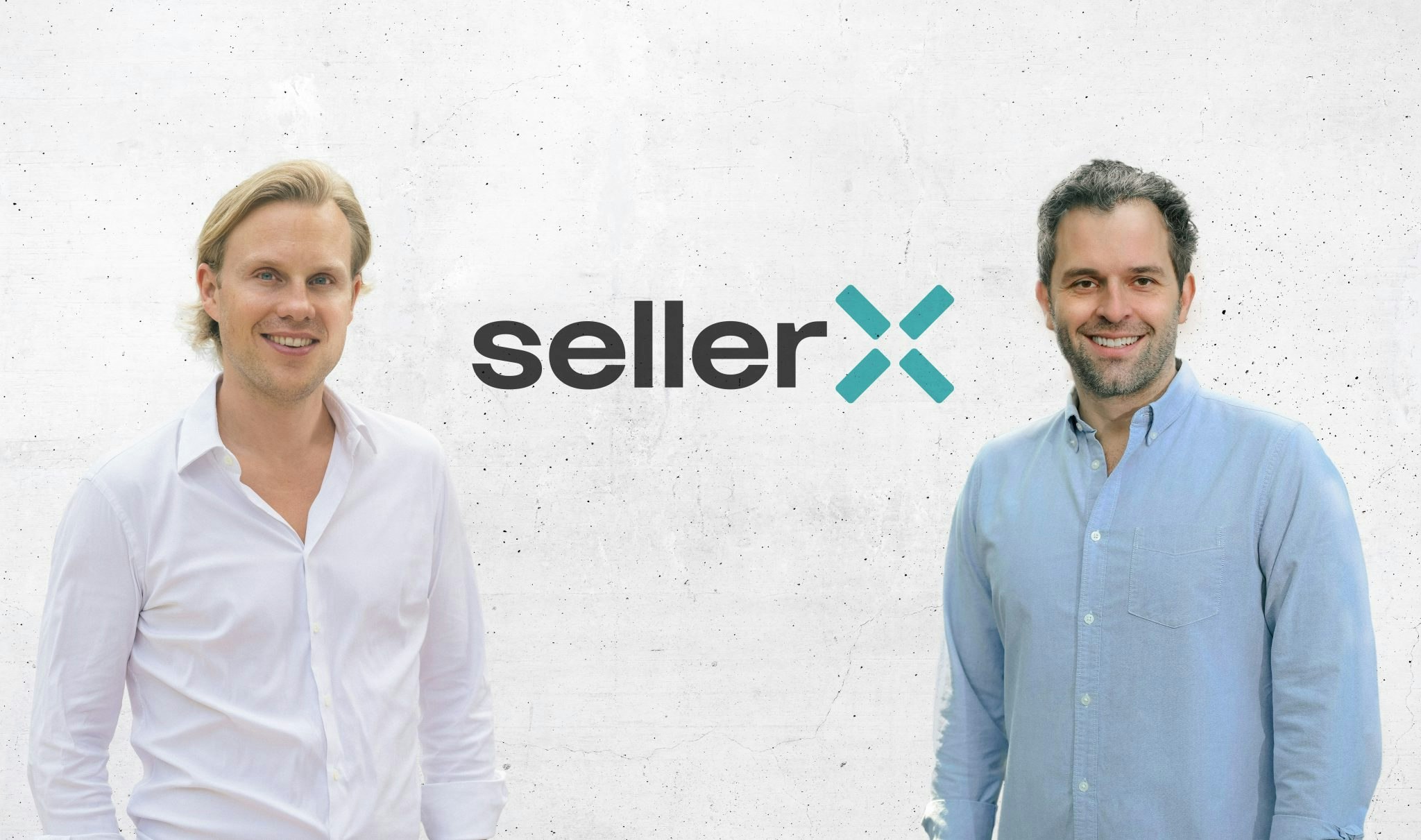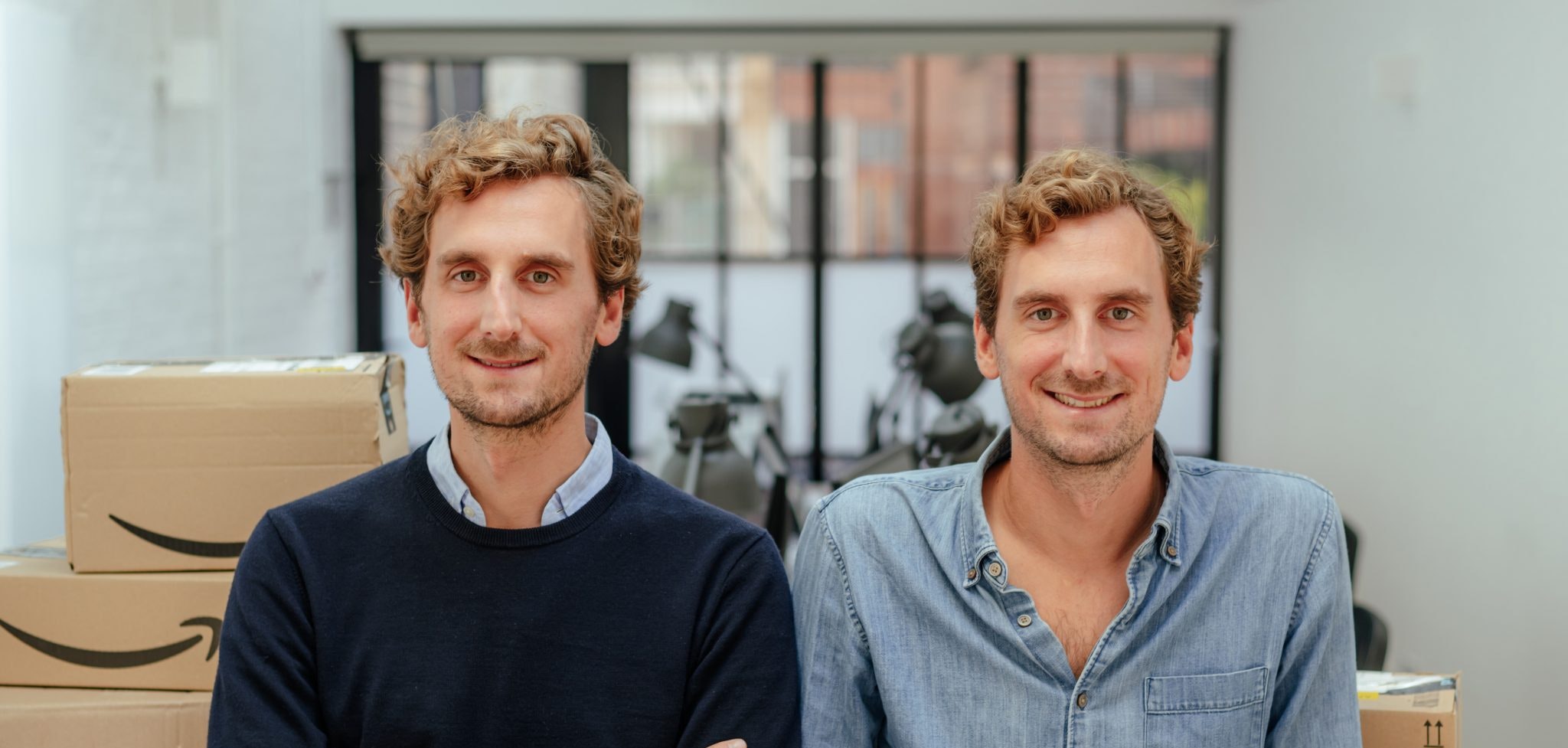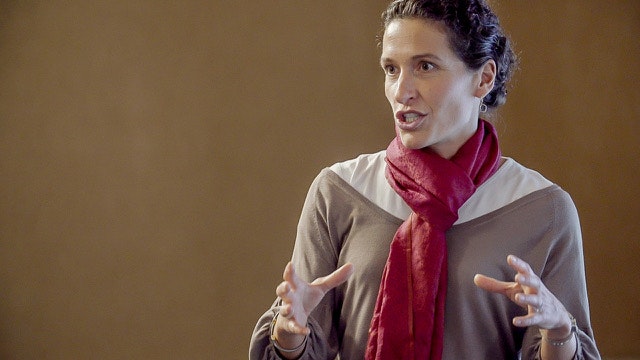According to the International Panel on Climate Change (IPCC), further delays to slow climate change will close the “brief and rapidly closing window” to secure a liveable and sustainable future. Long story short, the time for action is now.
And as Europe recovers from bursting into flames during a record-breaking heatwave, it’s hard to ignore the warnings.
While solutions are sprawling, switching out everyday items for greener alternatives, such as plant-based foods and eco-friendly plastics, is a way to join the fight — right now.
Four startups that were chosen to be part of the Amazon Launchpad Sustainability Accelerator are making this easy. We talk to the cofounders.
Eco-friendly diapers
While conversations about single-use plastics tend to feature plastic straws, the UN found disposable diapers are one of the biggest contributors to plastic waste globally. Every minute around the world over 300k disposable nappies enter landfills, where they will take decades to decompose.
Enter startup Cleannest, cofounded by Morgan Mixon and Rima Suppan, which calls itself “Europe’s next generation nappy brand”.
Our ambition is to grow into omnichannel, but we’re starting direct-to-consumer
“We’re the first company, particularly in Europe, to try to find the balance between high performance design and environmental credentials,” says Morgan Mixon, Cleannest’s cofounder.
While the startup is pre-launch, Mixon says they have raised an angel round and soon customers will be able to receive shipments of eco-friendly diapers in monthly boxes, tailored to the size of their baby. Mixon adds Amazon’s reach and expertise was invaluable at Cleannest’s growth stage.
“Our ambition is to grow into omnichannel, but we’re starting direct-to-consumer to ensure that we really know our customers and when we launch later this year, feel very confident about the quality of service that we provide them,” she tells Sifted. “Everyone knows the name Amazon, right?… It was a really natural fit because of its consumer product base.”
Plant-based pet food
Roughly a quarter of the calories from meat consumed in the US are eaten by pets — and it’s a similar story in pet-loving Europe. As a result, a UCLA study found feeding pets creates the equivalent of 64m tonnes of CO2 a year.
“What a lot of people don’t realise is how much our pets consume and the impact it has on the planet,” says Shiv Sivakumar, cofounder of alternative protein pet food startup Omni. “Our research shows that we use 92% less land, 85% less CO2 emissions and 61% water usage compared to average conventional meat-based dog food.”
Omni are also quick to stress its food isn’t just healthier for the planet, but it’s also healthier for dogs.
What a lot of people don’t realise is how much our pets consume and the impact it has on the planet
“There’s no scientific evidence that dogs need meat,” says Guy Sandelowsky, Omni’s cofounder and a small animal vet. “We know they need protein, but they can get protein from fish, from insects and from plants, and as long as that protein source is complete and they have all the other nutrients that they need, they’ll thrive.”
The startup raised a pre-seed round of £1.1m earlier this year and says Amazon has provided it with more retail opportunities.
“We have treats coming into the horizon, we’re expanding into Europe very quickly,” says Sivakumar. “We work with the giants that exist in order for companies like ours to have a bigger share of the market.”
Sustainable electric toothbrushes
Another item adding to the world’s ginormous plastic waste problem is toothbrushes. A billion are thrown away every year just in the US, filling up landfills — and our oceans.
Virtually every toothbrush you’ve ever owned and virtually every toothbrush your parents have ever owned still exists
On top of this electric toothbrushes are also contributing to mounting e-waste (electronic waste). According to the UN, the world produces 50m tonnes of e-waste a year, much of it toxic.
“Virtually every toothbrush you’ve ever owned and virtually every toothbrush your parents have ever owned still exists,” says Mark Rushmore, who cofounded sustainable toothbrush brand SURI along with Gyve Safavi. “There wasn’t really a very sustainable solution.”
SURI’s toothbrushes are made from a combination of materials including plant-based corn starch, castor oil and aluminium. Rushmore says the brush was designed so the battery can easily be repaired or replaced according to a lifetime guarantee. Free prepaid recycling of the brush heads will also be included in subscriptions.
For Rushmore, working with Amazon is about scalability and getting businesses ready for shifts in government policy towards sustainable practices.
“If anyone can have an impact at a massive, massive scale, it’s Amazon,” he says. “I’ve no doubt they’re preparing themselves for a landscape in the next decades in which sustainability doesn’t just become something that people want to do but is hopefully mandated across the world.”
Probiotic cleaning products
If a tree fell down in a forest, bacteria would help break it down into smaller organic matter and compost it. Cleaning product startup Yokuu is trying to do the same indoors.
“We make small probiotic cleaning products that contain 15bn bacteria,” says Janthe De Nil, who cofounded Yokuu alongside scientist and self-confessed “bacteria geek” Joris Jansen. “If you spray them on a surface they form an ecosystem on that surface and over time an ecosystem of good bacteria builds up and they help continue to keep cleaning.”
As a consumer goods company in sustainability, it’s always going to be a trade off because consumers are always going to continue buying things
Yokuu is 100% bootstrapped and based in Belgium. Because the startup ecosystem is relatively small, De Nil says Amazon’s accelerator was an opportunity to get an international perspective.
While she says the best practice is to recommend to consumers to buy as little as possible, consumers will continue to buy things so it’s better to offer products — on a large scale — that are more sustainable than single-use plastic.
“As a consumer goods company in sustainability, it’s always going to be a trade off because consumers are always going to continue buying things,” she says. “The biggest impact that you’re going to be able to make is at the companies that are the biggest scale.”
Register your interest for the Amazon Launchpad Sustainability Accelerator here




